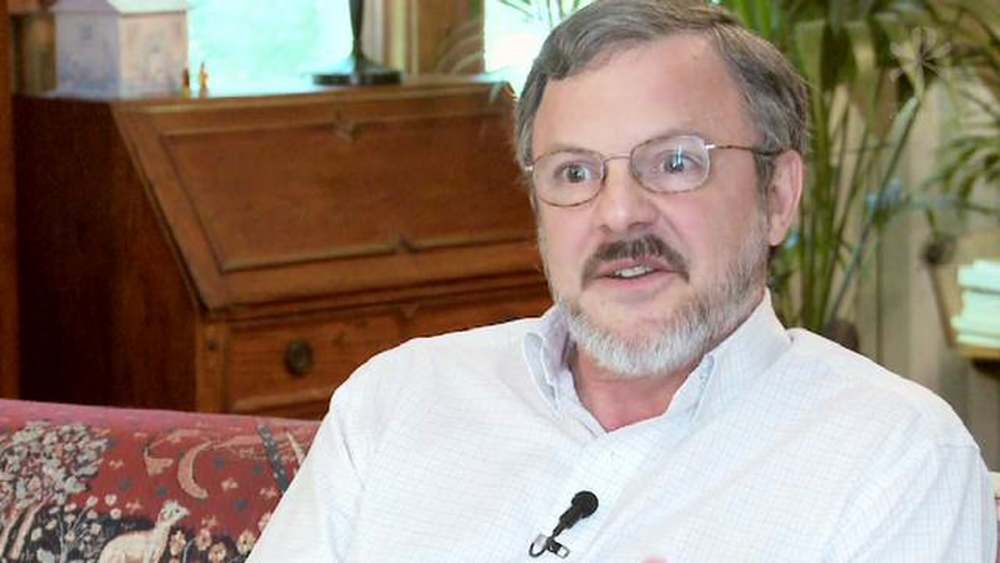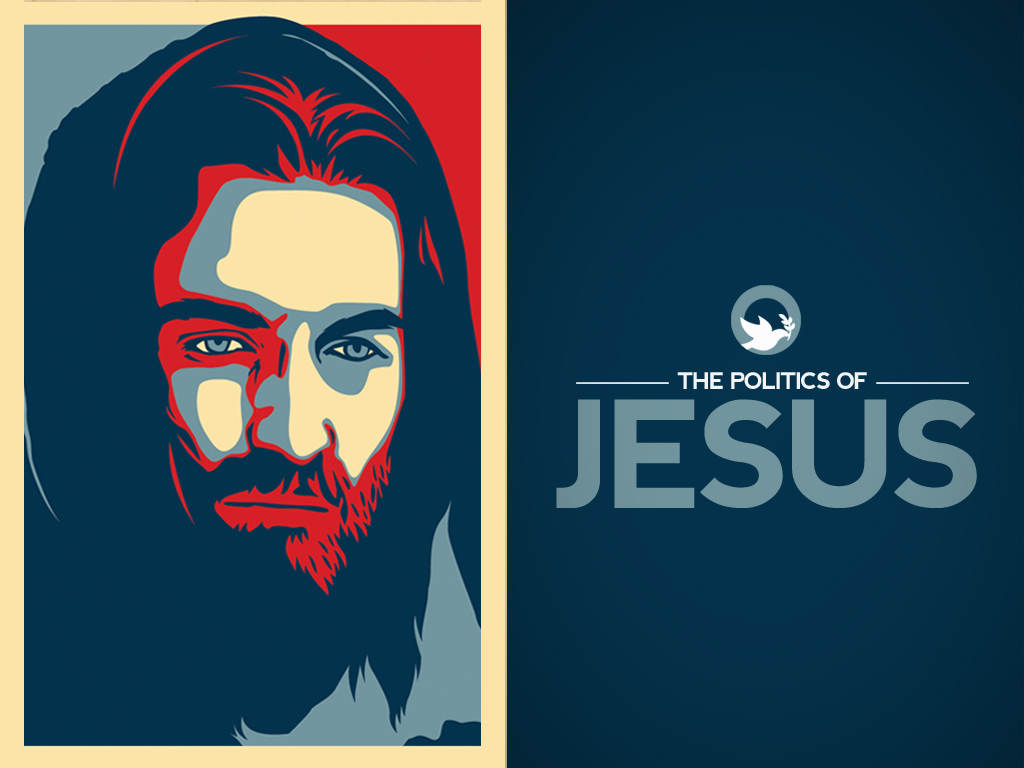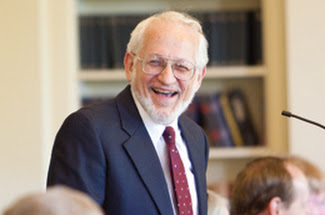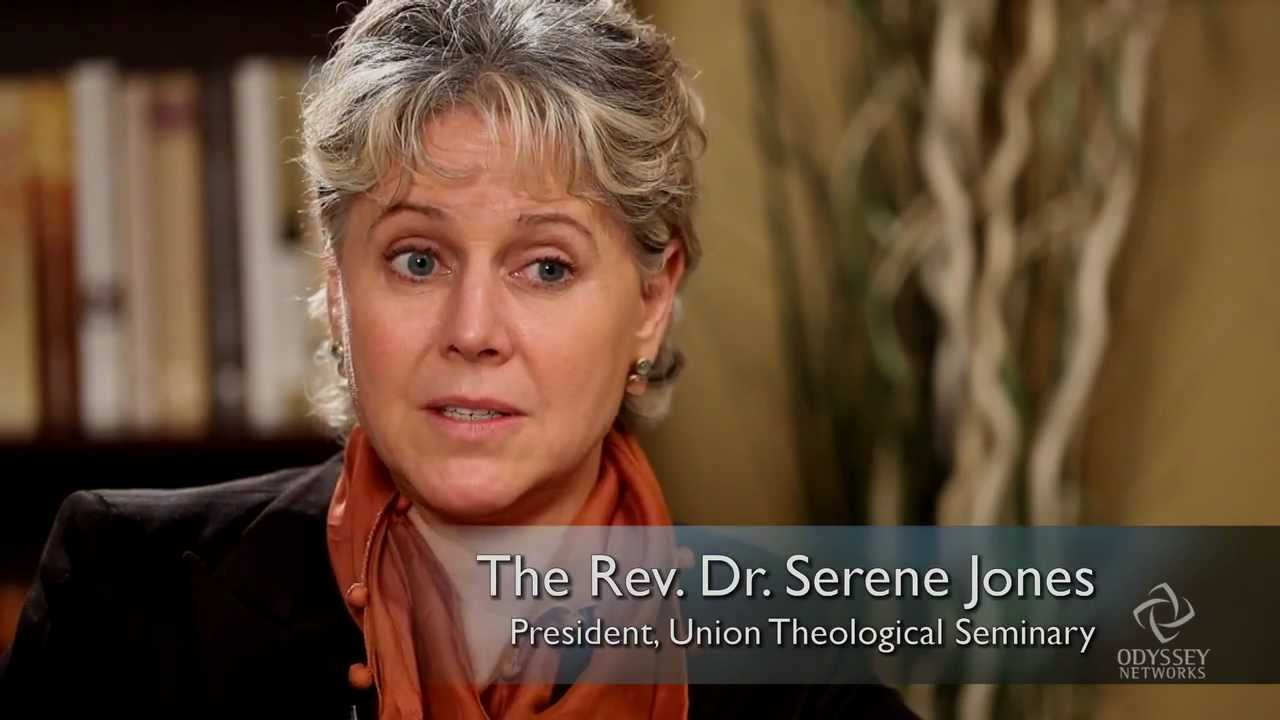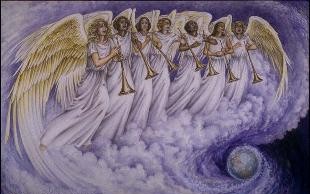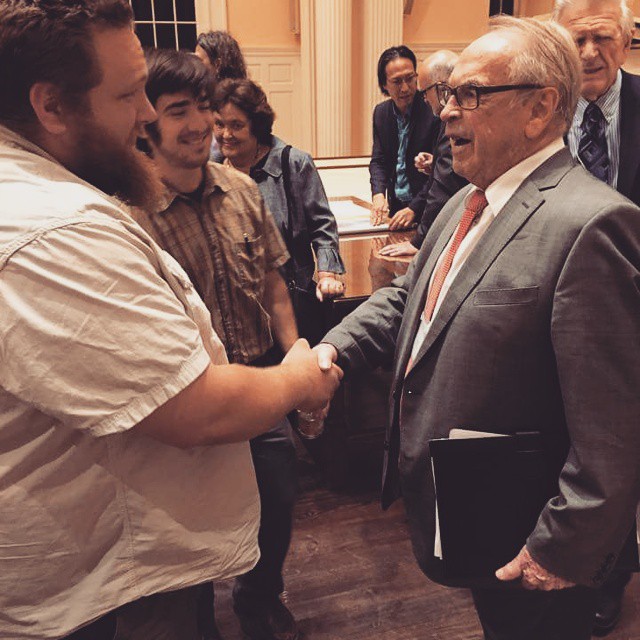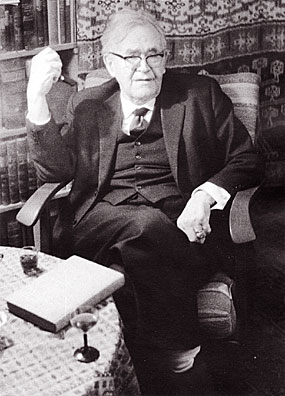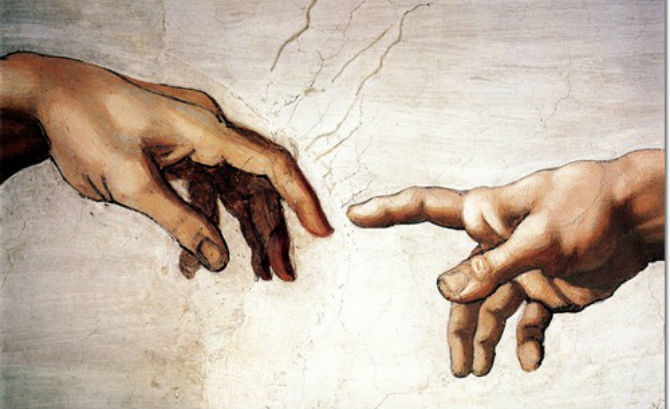 This lecture, delivered by Karl Barth on September 25, 1956 at a Swiss Reformed Ministers Association meeting, is the second lecture in a little collection of three lectures bearing the same name. Barth begins the lecture with an opening statement that defines what he means by this intriguing and provocative title:
This lecture, delivered by Karl Barth on September 25, 1956 at a Swiss Reformed Ministers Association meeting, is the second lecture in a little collection of three lectures bearing the same name. Barth begins the lecture with an opening statement that defines what he means by this intriguing and provocative title:
The humanity of God! Rightly understood that is bound to mean God’s relation to and turning toward man. It signifies the God who speaks with man in promise and command. It represents God’s existence, intercession, and activity for man, the intercourse God holds with him, and the free grace in which He wills to be and is nothing other than the God of man (Barth, The Humanity of God, 37).
That is, Barth’s ascription of humanity to God is a metaphor intended to emphasise the utter grace of God in God’s relation towards humanity. Barth is not saying that God is actually “human,” as though he were humanity writ large, or as though he were actually human with no remainder.
The introduction and first section of the lecture function as a kind of “retraction,” or more accurately, a correction. Barth recalls the fundamental shift, the 180o change of theological direction whereby forty years earlier he and his companions repudiated the major features of nineteenth-century theology and struck out on a new course. What they sought was a mighty reaffirmation of God’s deity, the “godness” of God over against what they understood as the anthropocentric theology of their forebears. Now Barth confesses, “We were wrong exactly where we were right” (44). It is not that Barth wants to lose this emphasis on divine sovereignty—far from it! But in and of itself, it is insufficient for it does not convey with necessary precision the full truth of who God is:
See the moon in yonder sky?
’Tis only half that meets the eye.
The fulsome emphasis on God’s transcendent deity meant that God’s “humanity” was left undeveloped. Barth still wants to assert the godness of God, though now with an emphasis also on God’s humanity.
The second section of the lecture then insists that the humanity of God is seen and known only in the place where God—in his deity—has given himself to be known; that is, in Jesus Christ. There is no abstract God just as there is no abstract humanity: here, in Christ, both true deity and true humanity are revealed. Nevertheless, Barth resolutely maintains the ordering of God’s deity vis-à-vis his humanity, but just as resolutely insists on his real, actual and genuine humanity. All this comes together in what I call a “purple passage”:
In Jesus Christ there is no isolation of man from God or of God from man. Rather, in him we encounter the history, the dialogue, in which God and man meet together and are together, the reality of the covenant mutually contracted, preserved, and fulfilled by them. Jesus Christ is in his one person, as true God, man’s loyal partner, and as true man, God’s. He is the Lord humbled for communion with man and likewise the Servant exalted to communion with God. He is the Word spoken from the loftiest, most luminous transcendence and likewise the Word heard in the deepest, darkest immanence. He is both, without their being confused but also without their being divided; He is wholly one and wholly the other. Thus in this oneness Jesus Christ is the Mediator, the Reconciler, between God and man. Thus he comes forward to man on behalf of God calling for and awakening faith, love, and hope, and to God on behalf of man, representing man, making satisfaction and interceding. Thus he attests and guarantees to man God’s free grace and at the same time attests and guarantees to God man’s free gratitude. Thus he establishes in his person the justice of God vis-à-vis man and also the justice of man before God. Thus he is in his person the covenant in its fullness, the Kingdom of heaven which is at hand, in which God speaks and man hears, God gives and man receives, God commands and man obeys, God’s glory shines in the heights and thence into the depths, and peace on earth comes to pass among men in whom he is well pleased. Moreover, exactly in this way Jesus Christ, as this Mediator and Reconciler between God and man, is also the Revealer of them both. We do not need to engage in a free-ranging investigation to seek out and construct who and what God truly is, and who and what man truly is, but only to read the truth about both where it resides, namely, in the fullness of their togetherness, their covenant which proclaims itself in Jesus Christ. …
Beyond doubt God’s deity is the first and fundamental fact that strikes us when we look at the existence of Jesus Christ as attested in the Holy Scripture. … In the existence of Jesus Christ, the fact that God speaks, gives, orders, comes absolutely first—that man hears, receives, obeys, can and must only follow this first act. In Jesus Christ man’s freedom is wholly enclosed in the freedom of God (46-48).
God does not exist in majestic isolation in and for himself, utterly free from all that is not God. God’s freedom is freedom to love (48). God is free not only to be God, mighty, majestic and exalted but also lowly, a servant, human. The mystery of God includes God’s determination not to be without humanity, but with them; not to be against humanity, but for them. God determines to love us, to be our God, our Lord, our Preserver and Saviour, and as such, God is human (50-51). “His free affirmation of man, his free concern for him, his free substitution for him—this is God’s humanity” (51).
The final section of the lecture develops some implications of the humanity of God, including:
- A real distinction is bestowed on every human person, entirely on the basis of grace. Every person is loved of God who is their father. Their humanity is God’s gift, and so must issue in the practical acknowledgement of every person’s human rights and dignity (53).
- Theology finds its focus and message in the humanity of God, for theology is determined by its object. Theology is not about God in himself, nor human existence in and of itself, but about the “history, dialogue and communion” of God with humanity and humanity with God—and in this order.
- Because the covenant is “history, dialogue and communion” theology also finds its character and form: that is, theology exists as prayer and proclamation, as responsive address to God, and as the address of the great news of God’s love to all others.
- The message of the church is the joyful, positive announcement of God’s affirmation of humanity. Certainly God’s No is inevitable, but it has been borne by Jesus Christ. Barth refuses to deny or confirm the idea of universalism, but trenchantly insists that “this much is certain, that we have no theological right to set any sort of limits to the loving-kindness of God which has appeared in Jesus Christ” (62).
- Finally, God’s turn toward humanity calls forth and awakens a company of people who respond to God in worship, praise and service—the church.
We should be ashamed of Jesus Christ himself, were we willing to be ashamed of the church. What Jesus Christ is for God and for us, on earth and in time, he is as Lord of this community, as King of this people, as Head of this body and of all its members. … We believe the church as the place where the crown of humanity, namely, man’s fellow-humanity, may become visible in Christocratic brotherhood. Moreover, we believe it as the place where God’s glory wills to dwell upon earth, that is, where humanity—the humanity of God—wills to assume tangible form in time and here upon earth. Here we recognize the humanity of God. Here we delight in it. Here we celebrate and witness to it. Here we glory in the Immanuel… (64-65).
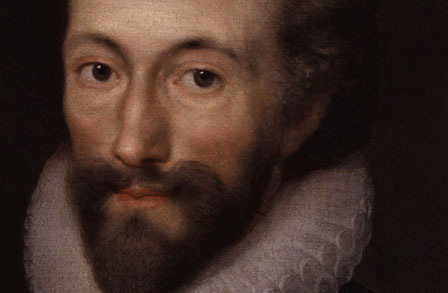 Wilt thou love God, as he thee? then digest,
Wilt thou love God, as he thee? then digest, 